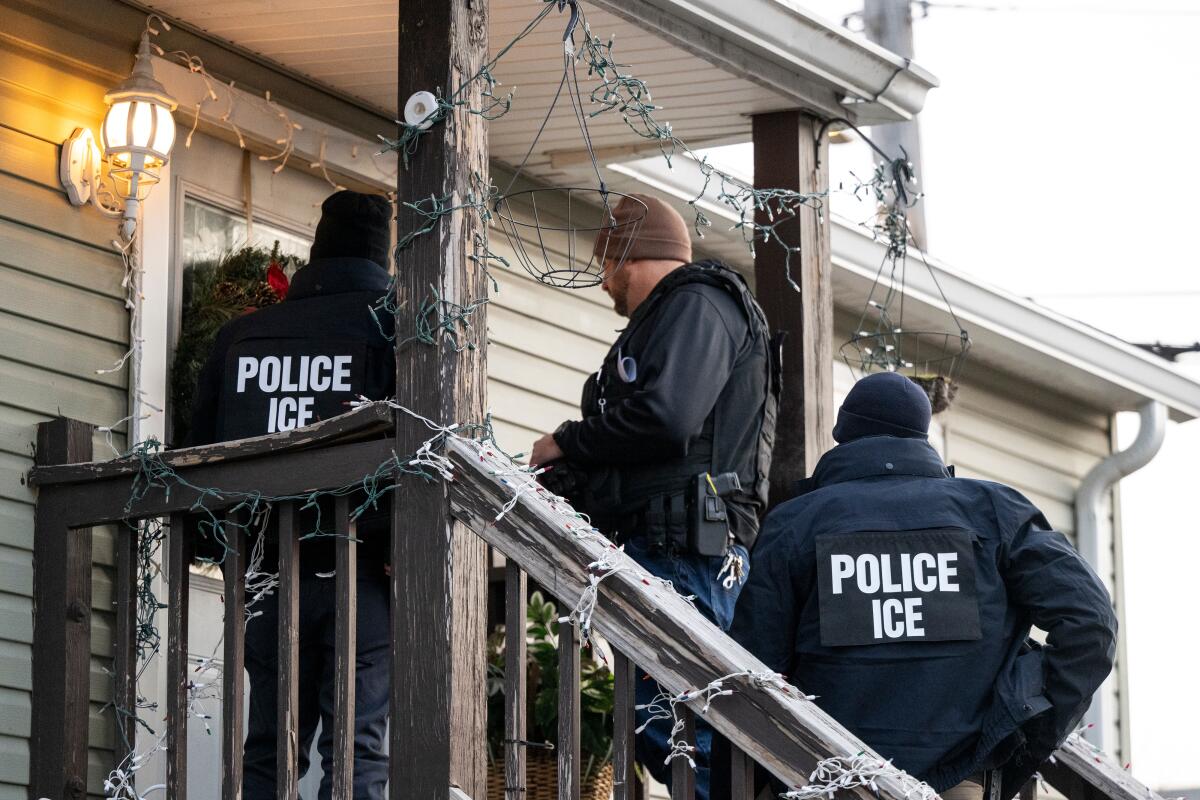LESBOS, Greece (Reuters) – Under an overcast sky on the Greek island of Lesbos, Afghan asylum-seeker Safika placed a red rose on the grave of a refugee who died trying to reach Europe. The tombstone read “unknown”.
Nearly a decade since the first bodies of asylum-seekers were buried in this field in the village of Kato Tritos, a group of volunteers sought to turn the abandoned and overgrown plot into a burial ground that was inaugurated on Wednesday.
They spent months clearing the plot, uncovering and counting graves that had disappeared beneath tall grass over the years.
Graves made of cement and topped with white pebbles now replaced the low mounds of earth barely identifiable by a piece of broken marble or a stick.
“They come for (a) new life, for new chance. I’m sorry … they drown in the sea,” said Sohrab Shirzad, a volunteer from Afghanistan.
“Now I am happy, now this makes it much better,” he said.
Fabiola Velasquez, a Chile-born physical therapist on Lesbos who runs medical charity Earth Medicine and a co-founder of the project, said it was now “a place where all those who lost their lives seeking refuge in Europe could be remembered.”
“It touches me how difficult it could be for a human being to die tragically in a distant land far away from your home,” she told Reuters.
In 2015, Lesbos was on the frontline of Europe’s refugee crisis. Thousands of people, mostly Syrians escaping civil war, landed on its beaches every day. Its shoreline was dotted with bright orange life jackets.
While it is just 4.4 km (2.8 miles) from the Turkish coast, hundreds have drowned during the perilous crossing on overcrowded rubber boats.
Velasquez said the team, which included asylum-seekers living in the island’s migrant camp, identified 197 graves but she expects the number to grow.
Many of the dead – who were first brought to Kato Tritos in 2015 after a local cemetery ran out space – have never been identified as entire families are thought to have perished at sea.
One of them read “Unknown infant. Girl. 3 months. No 31.” Another “Unknown boy, aged 7.”
Nearly 3,000 people are known to have died or gone missing while trying to reach Greece since 2015, the U.N.’s refugee agency UNHCR says, including 799 last year – one of the deadliest years on record.
While arrivals to Greece have dropped dramatically since, Lesbos remains one of the main gateways into the EU, United Nations data shows.
(Writing by Karolina Tagaris; Editing by Aurora Ellis)

